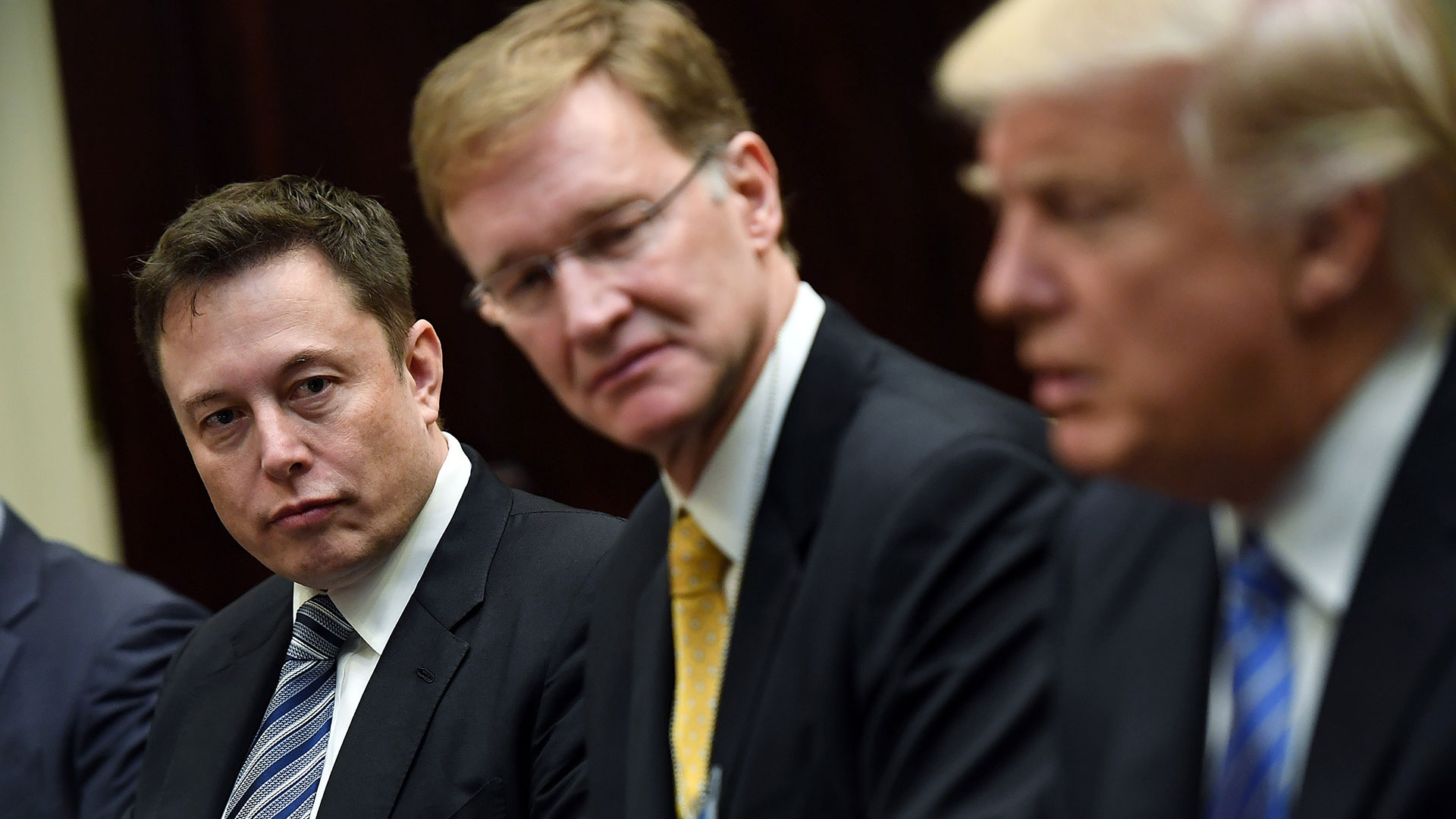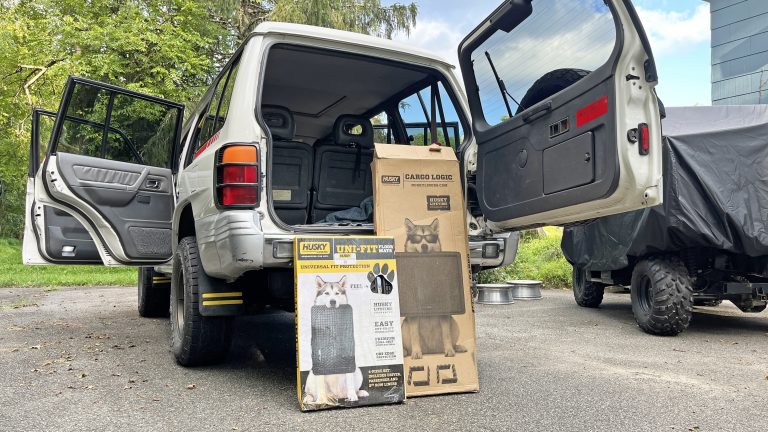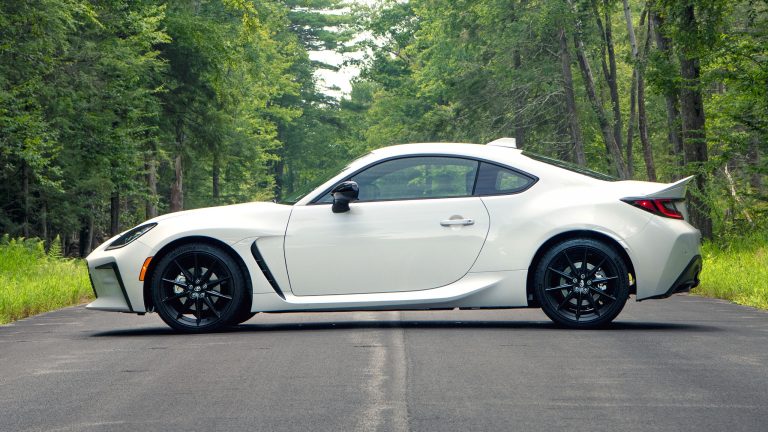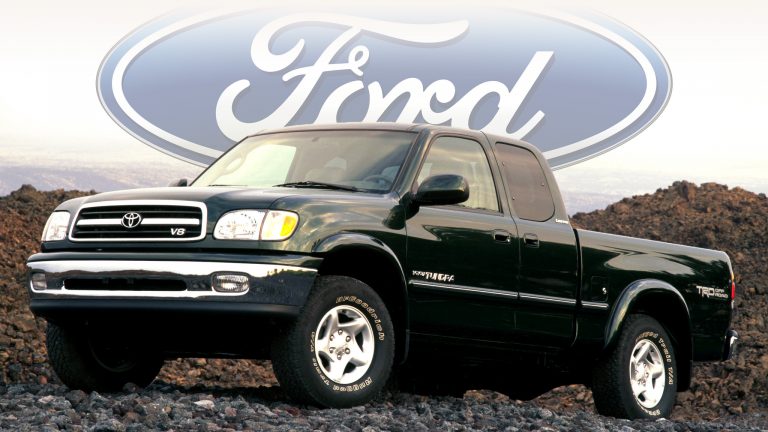Breaking: Trump Administration Abandons Crash Reporting for Self-Driving Cars

Revving Up the Future of the Auto Industry: How the Trump Administration’s Plans Might Shape the Road Ahead
As the new Trump administration takes the wheel, a key provision aimed at increasing transparency in the self-driving car sector might be in the crosshairs. The move is part of a larger strategy to trim what officials deem "excessive" data collection, but who is this really benefiting?
Musk’s Inner Circle
Tesla CEO Elon Musk, a familiar face in Washington, is part of President-Elect Donald Trump’s inner circle, and has joined the Department of Government Efficiency. This might have given him a hand in shaping the 100-day strategy, considering Tesla’s dominant position in the market. In fact, the company accounted for over 88% of fatal self-driving crash reports made to the National Highway Traffic Safety Administration (NHTSA) through October this year.
The Domino Effect
While Tesla is not the only automaker set to benefit from this shift, other major manufacturers, like the Alliance for Automotive Innovation, have also voiced concerns about the existing mandate being "burdensome". The industry group represents most major players in the market, excluding Tesla. Their stance can be summed up by a quote from their website: "Auto Innovators supports policy initiatives that facilitate innovation and remove obstacles to the safe testing and deployment of highly automated vehicles and streamline legislative and regulatory activity to support the global manufacturing process."
A Major Shift
The administration’s plans to undo this provision could have far-reaching implications. If successful, it might open the floodgates for automakers to test and deploy self-driving technology without the added layer of transparency. But what does this mean for road safety, and who will be bearing the brunt of the consequences?
The Intersection of Politics and Power
With Musk’s involvement in the Department of Government Efficiency, it’s no surprise that Tesla’s interests are front and center. But reading between the lines, automakers would generally prefer a more streamlined regulatory process, allowing them to focus on innovation rather than complying with federal guidelines.
A Shift in Focus
The same administration is also considering scrapping the Inflation Reduction Act’s provisions for electric vehicle subsidies and infrastructure support. This could have significant implications for the EV market, with Tesla, in particular, having long since burned through its initial round of federal incentives.
State of the Union: California’s Stand
While the administration may face an uphill battle in shaping national emissions standards, California’s authority to set its own standards remains solid, despite previous challenges. The state’s push for stricter emissions regulations has inspired other states to follow suit, creating a patchwork of regulations that can be overwhelming for automakers.
Got Tips? Send ’em to tips@thedrive.com






